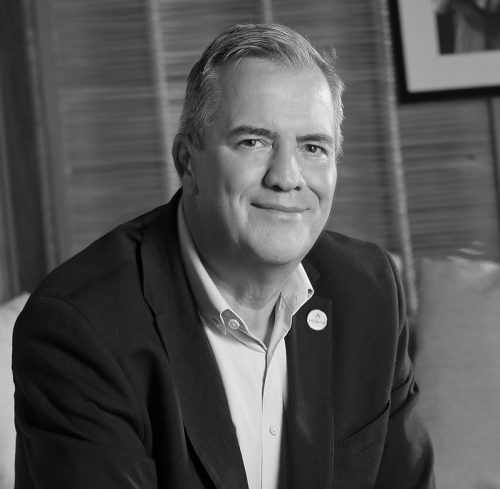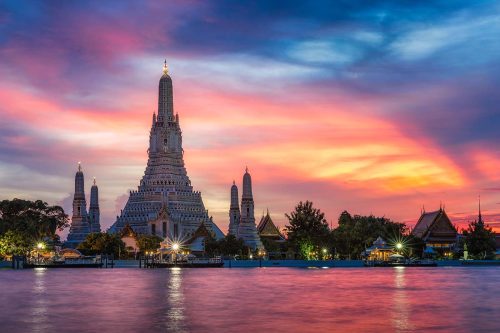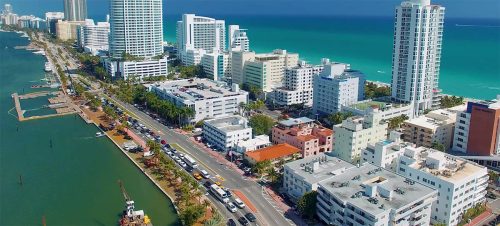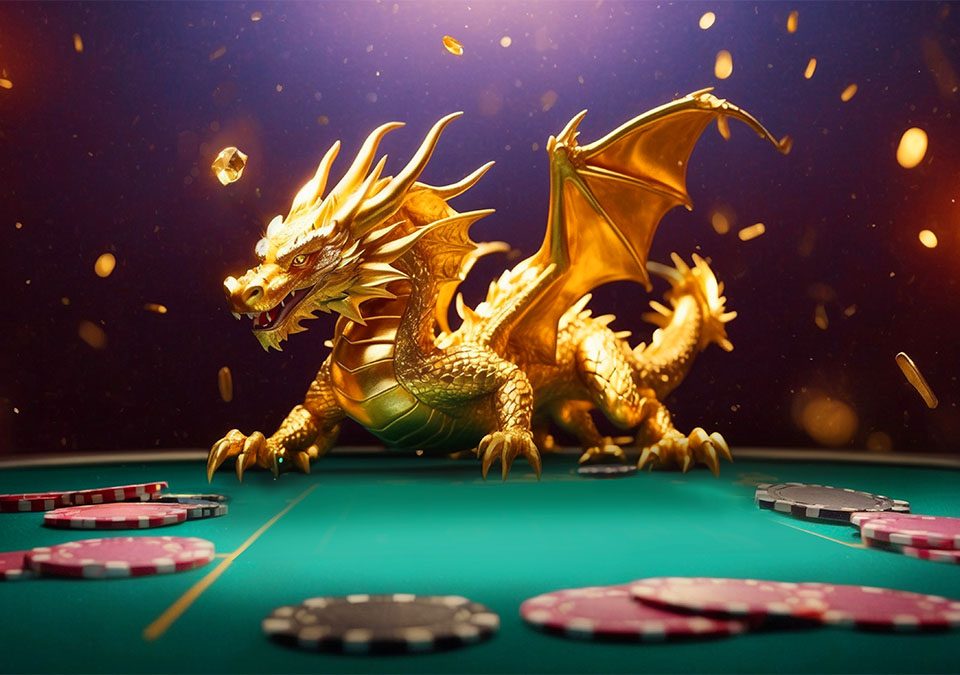
Cannabis in Thailand is Up in Smoke
27 June, 2025
It’s time to reimagine the future for Thai casinos
11 July, 2025Winna Media Insights
10 July, 2025
Making Thailand the new model for gaming
Steve Wolstenholme says the country can pioneer a new model for the sector by focusing on what makes it exceptional

Steve Wolstenholme has some pretty forthright messages for anyone championing the legalisation of gambling in Thailand.
The global model for operating casinos no longer works. And, if you don’t embrace the unique factors driving tens of millions of visitors to the kingdom each year, you haven’t been paying attention to the changed reality.
As a 30-plus-year veteran of the sector, Steve says “There was an era that many of us can remember when you could open up a casino and you would be successful like Foxwoods in Connecticut or Sands in Macau. These were casinos that had a return on investment over a very short span of time. That period has gone.”

Thailand’s “exceptional”

2,000 vs. 200 hotels
IRs, or ECs are self-contained environments, both for the people who visit and for the operators who run them. But instead of building a 2,000-room resort hotel, why not construct a 200-room one so local hoteliers can profit from the influx of visitors? It also means neighbourhood bars and restaurants would get a share of the trade, further benefitting local communities.
The market dynamics have changed irrevocably over the last few years Steve states, citing everything from the impact of online gaming, China’s squeeze on its citizens travelling freely to gamble overseas and greater regulatory scrutiny around AML and KYC in particular.

Bringing the “fun” to gaming
Asia’s gamblers have changed their behaviour, just as their demographics have transformed as well. “The old business model where your primary target were VIPs and affluent players has gone,” Steve says. The ‘fun’ element, whereby gambling is simply one of the many experiences family groups can enjoy, is now a critical driver, assuming it is provided at a realistic price.
“You’re not going to enjoy yourself unless you’re comfortable with what you’re spending. If someone’s comfortable spending, for example, $300 per night on a hotel room, they’ll likely be comfortable spending about the same as “entertainment” money in a casino. That’s $150 each for a couple. It’s not much fun when you’re required to bet a minimum of $25 per hand on table games or $5 per spin on slot machines”
Casinos should be open to both tourists and local people, with more exclusive facilities for anyone with a foreign passport. In his view, “For example, in the mass operation, the maximum buy-in would be restricted to a nominal amount, with a minimum $2 bet and a maximum $10 bet. There would be different house buy-in and betting limits for foreigners or Thai nationals with dual passports.
“You feel less likely you’re going to get hurt; it becomes more about ‘fun’ and less about winning or losing. The operators gambling the margins will be higher and, for the punters, what you’ve spent is simply part of the overall entertainment package.”
He recalls Saturday nights at the Casino Niagara in Ontario, Canada in the early 2000s when up to 40,000 people passed through on a Saturday night and asks, “Why can’t the same thing happen now? It certainly could in Thailand if the model was right!”

Iconic casinos have had their day
Steve feels the operators’ current stance towards Thailand is “We can give you what you want, but this is what we need from you.” But to reflect the new realities, operators have to be more imaginative and agile. The era of the iconic building has had its day; visitors aren’t drawn to replicas of Venice and Paris. So, rather than trying to build the next Marina Bay Sands, spend your billion-dollar-plus budget over time and invest in a new airport terminal or sports arena for Bangkok, for example. Change the pitch, he says.
And while Steve doesn’t want to be drawn into what would likely be a never-ending debate with the Thai opponents of gambling, he is acutely aware of the importance of the operators making an honest and optimistic case.
Follow the new model
“The PR pitch has to be sincere; gaming may have some related social issues. We want to ensure that this is a worthy investment for the people of Thailand. We have a great tourist market; we want people to keep coming back to Thailand. Let’s build upon what we already have, and we can do it by following a new business model.”
Steve has a proven track record leading the development of multi-billion-dollar integrated resort, hospitality, and gaming developments across North America and Asia. With a civil engineering past, Steve’s also a specialist in delivering end-to-end developments and successful openings of large-scale integrated resorts.



